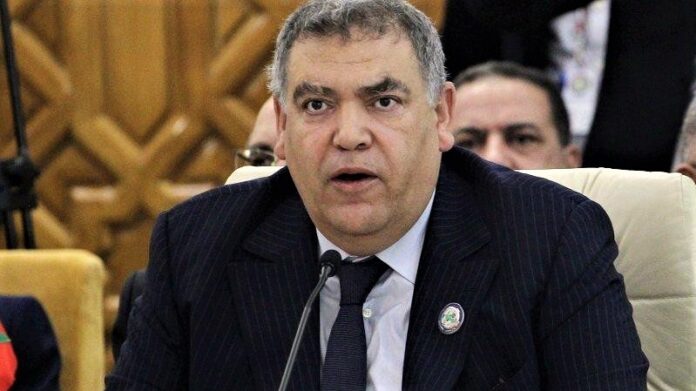Morocco’s Interior Ministry has outlined its strategic priorities for 2026, with a clear focus on electoral integrity, local governance, security modernization, and the protection of public assets. Interior Minister Abdelouafi Laftit presented the roadmap during a session before the parliamentary Committee on the Interior at the House of Representatives, emphasizing that reforms will be anchored in local needs and driven by a results-oriented approach.
One of the key messages delivered was a zero-tolerance policy toward illegal appropriation of public lands and funds. The minister was unequivocal: recovery operations, already initiated in Casablanca, will be expanded nationwide. He urged elected officials to take an active role in safeguarding public property, positioning this issue as a matter of national accountability.
On the electoral front, the ministry aims to build on royal directives to ensure fairness among political parties. Three legislative proposals are currently under review: one focused on the structure of the House of Representatives, another on political party regulation, and a third addressing campaign rules, electoral lists, and media access. Meanwhile, financial support for political parties has been granted to those meeting eligibility standards, with a stronger emphasis on compliance with the Court of Auditors’ observations.
Gender representation remains a central issue. In 2025, a dedicated fund supported 90 projects across 67 regions, totaling 16.8 million dirhams in funding—three-quarters of which came from the fund itself. This initiative underscores the ministry’s continued commitment to promoting women’s political participation and leadership.
The ministry also signaled a major shift in public policy development. A new generation of territorial development programs will be designed from the ground up, starting with priorities identified at the local level. This decentralized approach aims to better align national strategies with grassroots realities, particularly in remote regions, rural communities, and emerging urban centers. Special attention will be given to employment and investment as levers for inclusive growth.
This territorial strategy will be integrated into Morocco’s broader development initiatives, including water management, food security, and transport infrastructure—sectors considered vital for long-term resilience.
Security remains a cornerstone of the ministry’s agenda. With rising threats from terrorism, increasing migration flows, and the spread of cybercrime, modernization efforts are being accelerated. The country’s criminal resolution rate reached 91% in the first eight months of 2025, thanks in part to advanced technology such as artificial intelligence, body-worn cameras, drones, cybersecurity task forces, and digitalized procedures.
Since 2002, Morocco has dismantled more than 200 terrorist cells, including three in 2025 alone. The minister highlighted the country’s prominent role in international security cooperation, pointing to Morocco’s reputation as a reliable partner in the fight against global threats.
The ministry’s 2026 budget stands at 54.86 billion dirhams, with nearly 45 billion allocated to operational expenses. Thirteen thousand new positions will be created to support this expansive agenda. An additional 75.7 billion dirhams in special funds will go toward local governments, regional authorities, and sector-specific initiatives, reflecting the scale and ambition of the year’s planned reforms.





